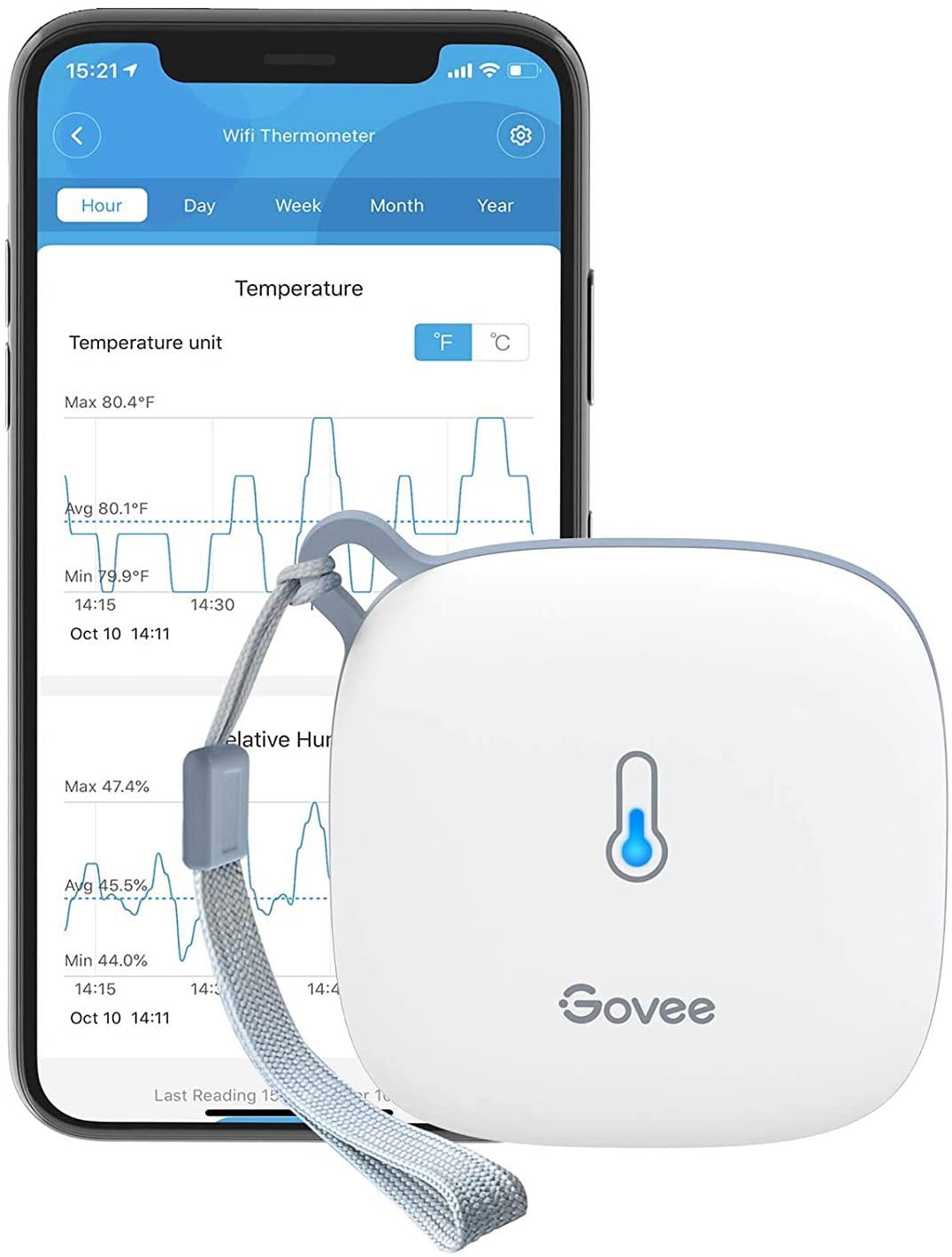Want to have your piano stay in tune longer? It all starts with KNOWLEDGE! Pianos are my passion and I want to share some of my knowledge of the piano with you the piano owner so that you can get the best out of your piano!

I’m a dedicated piano tuner technician and I am passionate about making your piano sound, feel and respond as beautifully as it possibly can. While I continue to strive to do the very best job I can by using the best tools and techniques available, the whole process comes crashing down if you don’t have your piano in an appropriate environment. That’s right, it doesn’t matter how well I tune, regulate, and voice your piano, if your piano is subject to inappropriate climatic conditions then all the good work I or any other tuner does will quickly unravel.
So I think it’s really important that we talk about the issue that is not spoken about anywhere near enough when it comes to owning a piano, and that is…..“THE ENVIRONMENT YOU PUT IT IN”.
Your piano is predominantly made up of three main components, metal, wood, and felt. Two of the three respond significantly to humidity namely wood and felt, while metal is affected more by temperature. The biggest problem is the wood and felt in your piano because they expand, they contract and they change in density when subjected to excessive or insufficient humidity causing pianos to prematurely go out of tune, go out of regulation, and cause damage to parts. Make no mistake, excessive or insufficient humidity and fluctuations in humidity will prematurely shorten the life of your piano! This is a major problem because my job / every piano tuner’s job is to get your piano sounding, feeling & responding as beautifully as it possibly can and for it to STAY THAT WAY for as long as possible.
So can anything be done? YES, IT CAN! Believe it or not, you’re the only one who can perform one of the most important functions when it comes to your pianos maintenance. You can provide your piano with the stable temperature and humidity levels it so badly needs. What is the stable temperature and humidity we are looking for? Answer: 22 degrees Celsius & 45% relative humidity. I’m not going to bore you with all the details as to why this is so, but trust me it’s true. If you want to know more about the science behind it let me know and I can send you some interesting articles on the subject. If on the other hand you can’t really be bothered finding out more about temperature, humidity, and moisture content as it pertains to pianos then maybe the fact that all the major, respected piano manufacturers have climate-controlled factories and the temperature and humidity they dial in is 22 degrees Celsius and 45% relative humidity will be enough to convince you that this is important.
So the question is what is the current temperature and relative humidity in the immediate area of your piano? And more importantly, what is the maximum and minimum temperature and relative humidity in the immediate area of your piano over time? When I tune your piano I always record the temperature and relative humidity in your piano tuning record but that only gives me a snapshot in a moment in time. What would be fantastic is to have a record of what is going on over weeks, months etc… YOU CAN! I have been doing some research on hygrometers over the past few months and last week I received my latest hygrometer made by Govee. What I love about this one is that I store it in my piano and it links to my home network via WIFI and uploads data every 10 mins, 30 mins, or hour (I have it set to every hour). I can then access the data on my phone (the app is free) from anywhere and I can see the current and all the historical info on what’s going on with my piano and with that information I can ascertain whether or not I need to take action with regard to the environment my piano is in. And all for under $35.00 …. BRILLIANT! Here it is…

And here is a link to the product.
Like I said, it all starts with knowledge. So why not start building a record of what is going on with your piano. With the data you will soon have at your fingertips together we can make some decisions that will greatly enhance the way your piano sounds, feels, and responds and all the while protecting your investment.

